Update – this is part 2 of a three part series. Click on links to read Part 1: Bumpy Landing and Part 3: Building Connections.
Statistically it can take up to 18 months to feel settled after repatriating. Once things start to repeat (festivals, seasons) a feeling of familiarity sets in, at which point we begin to feel more at home. When returning to a place you know, this can happen much sooner, once the initial phase of “reverse culture shock” (for lack of a better term) abates. However, everyone adjusts differently – even within a family.
In his book The Art of Coming Home Craig Storti defines “home” as
- Familiar places
- Familiar people
- Familiar routines & predictable patterns of interaction
Using this as our guide it becomes clear why repats might struggle to “come home”. When we repatriate, the places and some people are familiar – at least to the adults in the family (remember, your children may not have any memory of living in your passport country) – but our routines will most likely not be. In this post I will talk about how we became more familiar with the places and routines now that we were back in Germany. People and connections are so important they get their own discussion next week – be sure to check back.
As we settle in, we meet old friends and family and begin to recognize new people – the cashier at the grocery store, neighbors – and more importantly, to be recognized. This gives us a feeling of belonging.

Then we develop work, school and hobby routines, establishing patterns of interaction and places we go. This is tiring work for our brains. Our mundane tasks usually don’t require much thought (have you ever driven from home to work and couldn’t remember the drive?) but in a new place, the paths in our brains must first be laid down so EVERYTHING requires an alert mind. This is the same whether arriving in a new country or returning to a more familiar place after a few years away. It wears us out. Once we establish routines, our brains can manage the daily chores on autopilot again and we have resources available for other things.
I recall my husband being exceptionally tired during the first few months back in Germany as he adjusted to the new/old work environment and business culture – of the five of us he was the most familiar with Germany and still took time to adjust!
Upon arrival our first focus was getting the house ready, starting school and finding after school activities. This gained in importance when we realized just how much time we had available in the afternoons, with school finishing at noon.
The school year started, we got long lists and went shopping for all the various notebooks, colored covers, pencils, pens, paints, school slippers, art pads, etc. etc. etc. Seriously a mission. After two weeks, we moved into our empty house and the kids could now walk to school and start making friends in town. School is always great for routine so that was a step in the right direction.
Having lunch ready in an unfinished house every day was more of a challenge. Finding ways to fill the afternoons was too. We soon started trying out clubs, signing up for music lessons and finding other ways to fill our time. Driving around town to the various venues helped us get our bearings and lay down those neural paths. At first I used a navigation system but ditched it after a while. Small victories as places and routines became familiar!
We still missed so much about our life in China. Friends. Routines. School. Shared stories. Our Ayi. The expat life. Food.
Hold on! We can cook. After all, what had all those Chinese cooking classes been for? This is a problem we can fix. All good until I realized I didn’t know what rice to buy. I had no idea what the Chinese characters I was used to seeing on my rice translated to in German. I tried a few kinds in my rice cooker without terrible results and felt hugely disappointed until the day we finally found a Chinese super market!
Walking in I was close to tears. There were so many familiar sights and smells. I let it all wash over me and walked out with a huge bag of rice, dumpling wrappers, seasonings, a selection of soy sauce, sesame oil, peanuts, seaweed snacks, etc. At home we cooked. Our Sunday night staple in Beijing was fried rice and we could finally restore that family ritual. Another little feeling of home. See recipe in the sidebar.
In this second phase of our repatriation we applied a few more of the 7 Things You Can Do (see this post for some others):
(2) Gather information on schools – we did as much research as possible and bought whatever else was needed once school started.
(3) Research clubs & activities – we ended up in table tennis, ballet, music lessons, soccer and band just to name a few. The goal was to continue what they love, explore new interests and meet potential friends.
(5) Share expectations – one change for the kids was being responsible for writing down their homework and test dates. Learning to pay attention to this information in class because it wasn’t coming as an email to mom took a little time.
(6) Take first class care of yourself – this is important for the entire family. As tempting as all the German bakery goods are, we needed to feed our bodies well and keep them moving. This also helps lift everyone’s mood when they are feeling blue. Keeping our avid readers in books for their “downtime” was also important and discovering a local library within walking distance was a real thrill.
If you feel like you may struggle with repatriation or any aspect of life in transition, coaching can help. The Adapt & Succeed program is designed for expats & repats and might be just what you need to soar wherever you are.
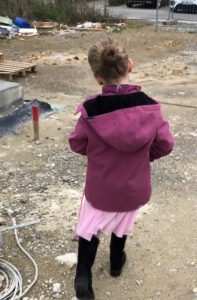

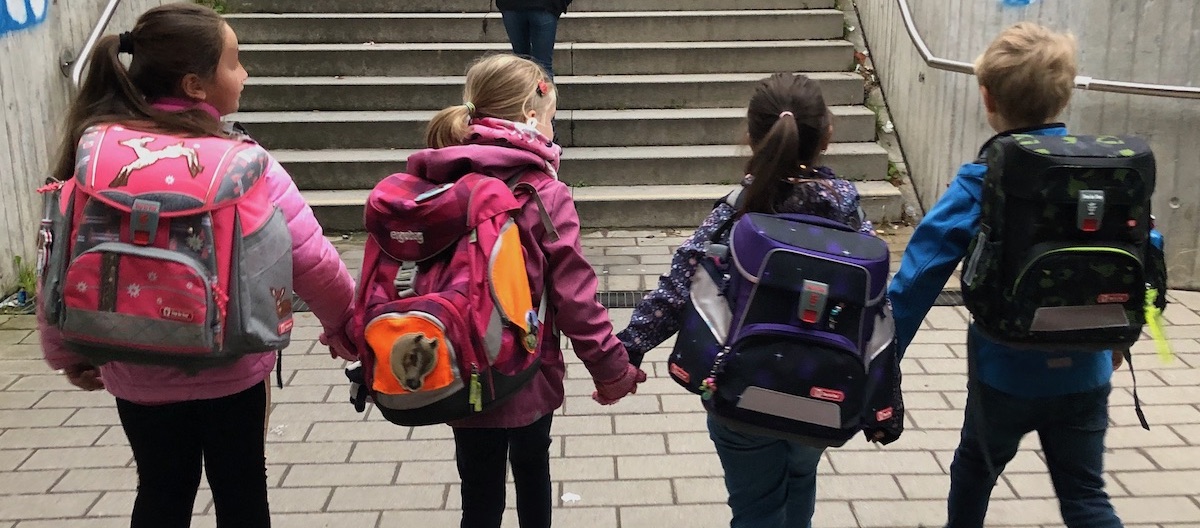
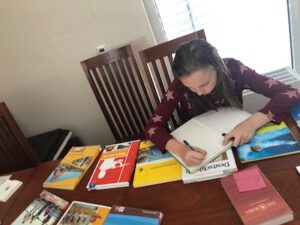

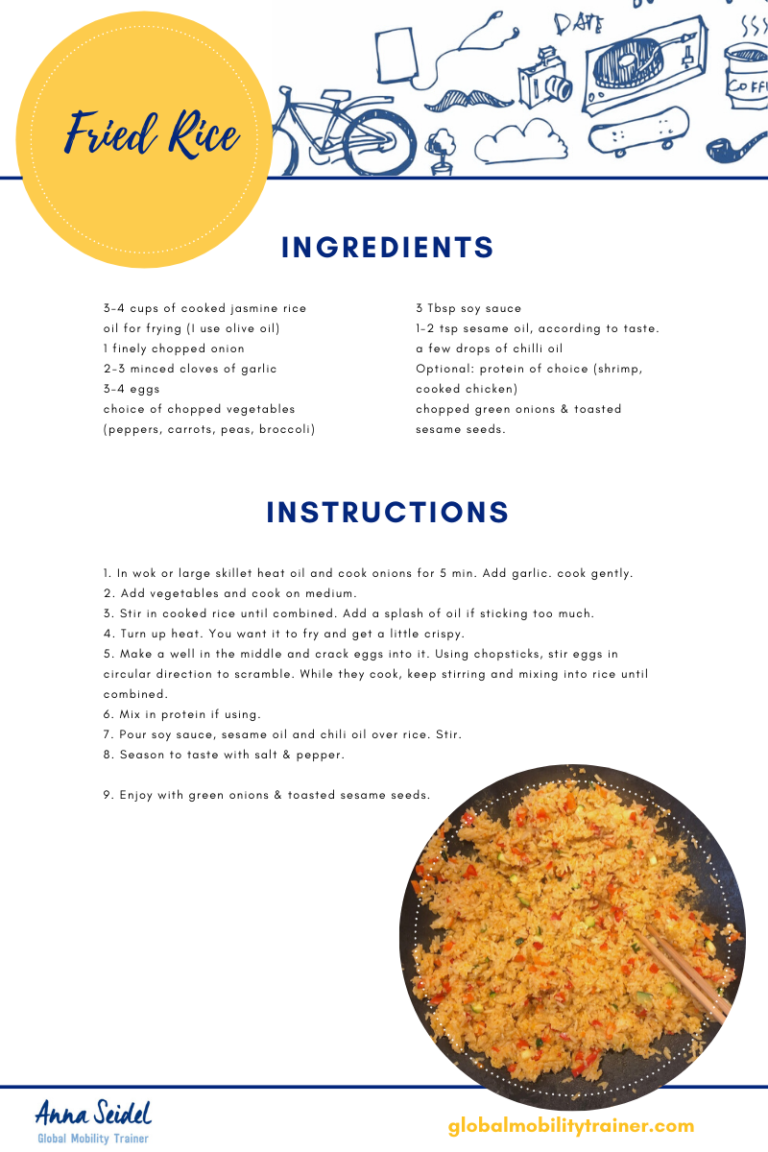

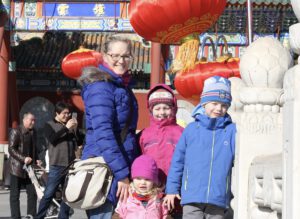

Pingback: Repatriation Part 3: Four Tips to Build Connections and Start Putting Down Roots – Global Mobility Trainer
Pingback: Repatriation Collection – Global Mobility Trainer